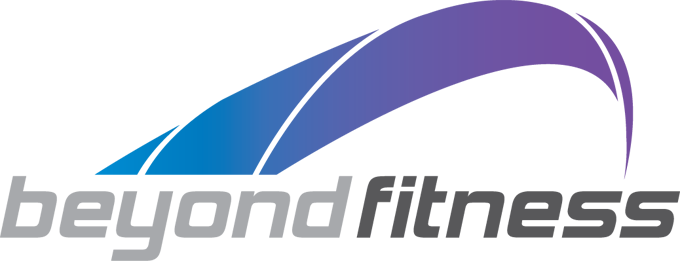What is progressive overload? Progressive overload is known as a gradual increase in stress being applied to the body during exercise. This occurs via small increases to one of the following factors; volume (weight/length of training), frequency (how often the training is performed) and intensity (how hard the training is). This put into real person talk is small increases in training allowing your body to adapt to the stress allowing improvements in the particular sport. When to apply? Most people think of progressive overload as a weight training principle however it can and should be applied to all areas of exercise, especially those in which you’re looking to improve on. It should be noted that progressive overload won’t happen in a straight line for example beginners are more likely to see rapid improvements when compared to an advanced counterpart therefore listen to your body when applying it. How much load … Read More
Protein supplementation: do you need them and if so, when should you use them?
I’m going to say straight out that most people will already be meeting there required daily protein intake through the foods they consume although there is a place for protein supplements, keep reading to find out. First thing is first = How much protein do you need? The American college of sports medicine recommends you to consume 1.2 – 1.7 grams of protein per KG of body weight each day in order to build muscleAs an example ill use my body weight: My weight = 73kgs therefore I times my body weight by both 1.2 and 1.7 to give me between 87.6 to 124.1 grams of protein each day in order to build muscle. To give the above figures some context I thought I’d give a few examples: 100 grams of skinless, boneless chicken breast contains approx. 31 grams of protein 1 serve of Chobani plain greek yoghurt contains approx. … Read More
The power of rest for optimum health
A balance between work and rest is vital for optimum health. Find out the dangers of overworking and a few useful tips to avoid burnout. Winter is in full swing with rainy cold weather and finally, some snow on the mountains. It’s also flu season and the time of year when many of us start getting run down from working too hard and training. The result? You get sick, which forces you to postpone training until you recover. To continue to get fit for summer, resting is probably not the first thing that comes to mind. It’s true that becoming healthy and fit involves work. It involves lots of effort and sweat and determination. But it’s just as important to take the time to rest and relax. Your body needs enough rest for recovery and to reduce the chances of getting sick. To reach your goals it’s important to balance … Read More
Cortisol: key to health and weight loss
Cortisol is sometimes referred to as the ‘master’ hormone, as it’s a powerful hormone necessary for life. But if optimum levels are not maintained in the body, it has the ability to wreak havoc on our body’s fragile endocrine balance. The result? Your health will suffer. What is cortisol? Cortisol is a hormone produced in the adrenal glands. It’s primary functions are to: regulate the increase of blood sugar through gluconeogenesis (the breakdown of non-carbohydrates to glucose) suppress the immune system aid with fat, protein, and carbohydrate metabolisms decrease bone formation help to manage our stress response. Stress management Cortisol helps us to function during times of stress in our lives. When the stress levels go up, cortisol kicks in and delivers help. Cortisol helps us with a quick burst of energy, our memory sharpens, and our sensitivity to pain decreases. These are all natural and important functions of cortisol and … Read More


